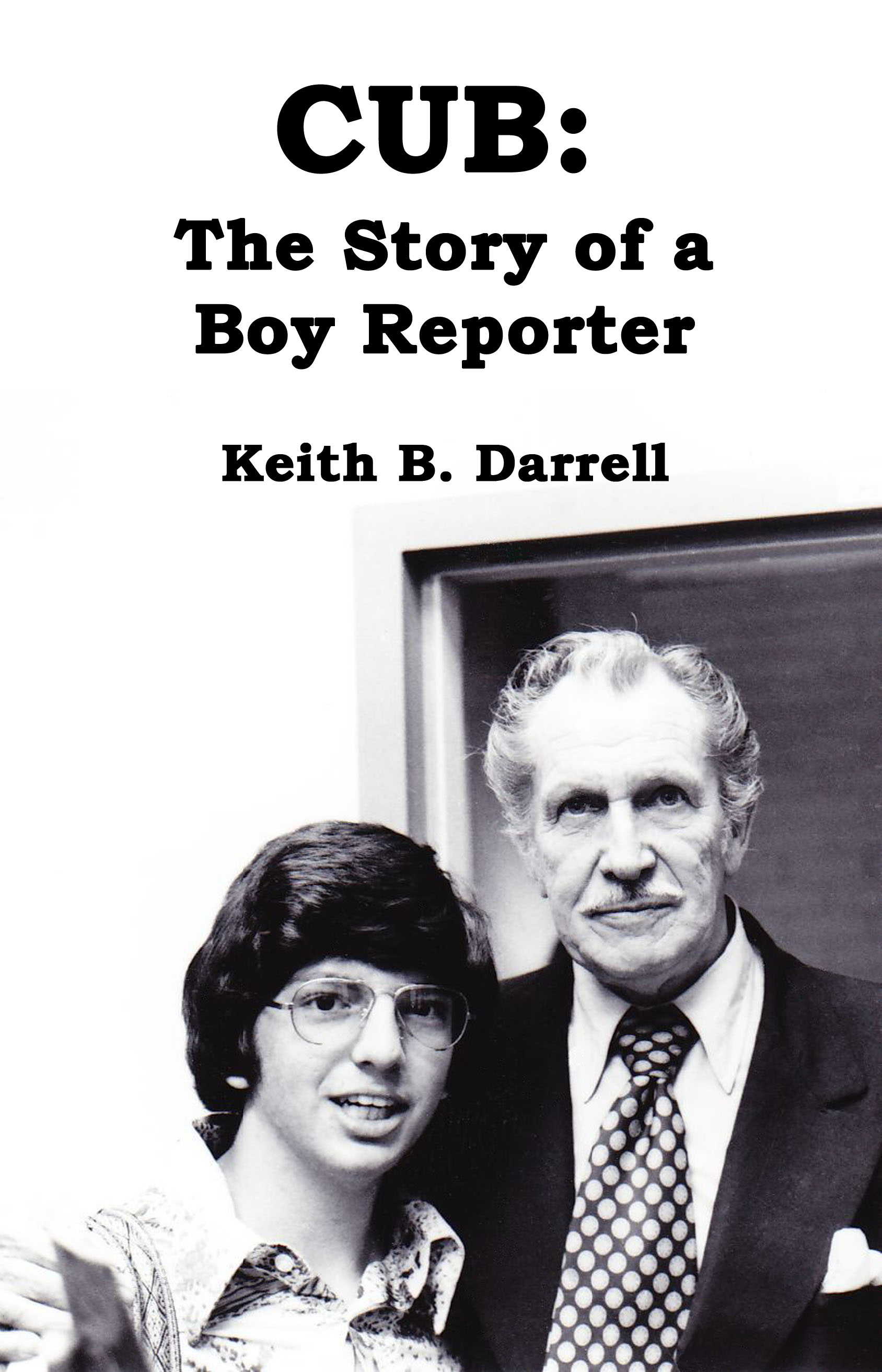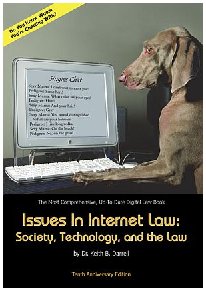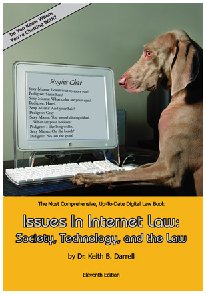A student group at Canada’s Ryerson University recently held an event entitled “Building an Anti-Racism Community on Campus” for the stated purpose of “awareness-raising for a more inclusive campus.” The group then barred two white students from attending the event.
Racism, like ice cream, comes in all flavors and colors. Sometimes the perpetrators are white, but they can just as easily be black. The perpetrators in this case rationalized the exclusion of two white students from an event at their own university’s student union funded in all or part by their own tuition fees, by labeling the event as a “safe space”. According to the author of the piece in The Huffington Post, Canadian edition, a safe space is a place where racially “oppressed” and “marginalized” minorities can gather to “share their common struggle” where no one of “power” and “privilege” may enter.
“The presence of any kind of privilege puts unnecessary pressure on the people of colour to defend any anger or frustrations they have, to fear the outcome of sharing their stories,” Aeman Ansari, a journalism student at the university and The Huffington Post contributor wrote.
Frankly, the notion that black college students need an emotional support group to deal with being black is insulting to black people. To rationalize excluding people of color, when that color happens to be white, from an “inclusive” event on their own campus paid for by their own tuition fees is pure hypocrisy and racism. And to further rationalize such racist action with the excuse that the white students exercise some imaginary and unique “power” and “privilege” shows an impressive ignorance on the part of any who would make such an assertion. As a former white college student, I can attest that when I attended journalism school I had no more power or privilege than any other student – white, black, or purple – among the 32,000 students at my university. The power and privilege rested in the hands of the professors, the deans, the alumni… anyone but the students, regardless of their color.
Ansari wrote: “The two students who tried to enter the RSC meeting said that they were embarrassed when they were asked to leave and that the group was being counterproductive in sectioning themselves off. Similarly, some of the comments on the piece written about these students speaks (sic) to the idea that excluding certain people from these events, this dialogue, is encouraging racial tension. Their embarrassment isn't as important as the other issues involved here.” She added: “Instead of focusing on why those students were asked to leave, we should be thinking about the history of oppression that makes these kinds of groups and these kinds of places so very important.”
Ansari has it entirely ass backwards. Her “analysis” uses all the right words in all the wrong places. If she knew anything about the history of oppression (and simply being born black does not instill such knowledge nor is it acquired through osmosis), then she would realize that we should indeed focus on why those students were asked to leave. It was because of their skin color. And contrary to Ansari’s contention, their embarrassment is as important as the other issues involved here. It’s the same embarrassment black people felt 60 years ago when they had to use the rear entrance of public buildings, sit at the back of a bus, drink only from the water fountains labeled “Colored”, and be turned away from public swimming pools filled with white people. It’s the embarrassment that comes from reading a sign that says “Irish Need Not Apply” or “No Jews Allowed” and realizing the words are directed at you. It is the embarrassment of discrimination and racism. It is as important as it is relevant to the topic. And the “idea that excluding certain people from these events, this dialogue, is encouraging racial tension” is not only correct but disingenuously misleading, because it does more than encourage racial tension… It practices racial discrimination.
“Racism is not personal, it is structural,” Ansari wrote. This smacks of someone who has never experienced racism firsthand. Allow me to enlighten you, Miss Ansari. Racism is always personal. It is deeply personal, both on the part of the racist expressing it, and on the part of the individual on the receiving end. Sometimes it is also endemic to an institution, and where that is the case, the structure of the institution needs to be modified. But there are few things in life that one may experience that are more personal than racism. And it won’t disappear by constructing “safe spaces” like an ostrich sticking its head in a hole, anymore than it will by practicing it in reverse.
Racism, like ice cream, comes in all flavors and colors. Sometimes the perpetrators are white, but they can just as easily be black. The perpetrators in this case rationalized the exclusion of two white students from an event at their own university’s student union funded in all or part by their own tuition fees, by labeling the event as a “safe space”. According to the author of the piece in The Huffington Post, Canadian edition, a safe space is a place where racially “oppressed” and “marginalized” minorities can gather to “share their common struggle” where no one of “power” and “privilege” may enter.
“The presence of any kind of privilege puts unnecessary pressure on the people of colour to defend any anger or frustrations they have, to fear the outcome of sharing their stories,” Aeman Ansari, a journalism student at the university and The Huffington Post contributor wrote.
Frankly, the notion that black college students need an emotional support group to deal with being black is insulting to black people. To rationalize excluding people of color, when that color happens to be white, from an “inclusive” event on their own campus paid for by their own tuition fees is pure hypocrisy and racism. And to further rationalize such racist action with the excuse that the white students exercise some imaginary and unique “power” and “privilege” shows an impressive ignorance on the part of any who would make such an assertion. As a former white college student, I can attest that when I attended journalism school I had no more power or privilege than any other student – white, black, or purple – among the 32,000 students at my university. The power and privilege rested in the hands of the professors, the deans, the alumni… anyone but the students, regardless of their color.
Ansari wrote: “The two students who tried to enter the RSC meeting said that they were embarrassed when they were asked to leave and that the group was being counterproductive in sectioning themselves off. Similarly, some of the comments on the piece written about these students speaks (sic) to the idea that excluding certain people from these events, this dialogue, is encouraging racial tension. Their embarrassment isn't as important as the other issues involved here.” She added: “Instead of focusing on why those students were asked to leave, we should be thinking about the history of oppression that makes these kinds of groups and these kinds of places so very important.”
Ansari has it entirely ass backwards. Her “analysis” uses all the right words in all the wrong places. If she knew anything about the history of oppression (and simply being born black does not instill such knowledge nor is it acquired through osmosis), then she would realize that we should indeed focus on why those students were asked to leave. It was because of their skin color. And contrary to Ansari’s contention, their embarrassment is as important as the other issues involved here. It’s the same embarrassment black people felt 60 years ago when they had to use the rear entrance of public buildings, sit at the back of a bus, drink only from the water fountains labeled “Colored”, and be turned away from public swimming pools filled with white people. It’s the embarrassment that comes from reading a sign that says “Irish Need Not Apply” or “No Jews Allowed” and realizing the words are directed at you. It is the embarrassment of discrimination and racism. It is as important as it is relevant to the topic. And the “idea that excluding certain people from these events, this dialogue, is encouraging racial tension” is not only correct but disingenuously misleading, because it does more than encourage racial tension… It practices racial discrimination.
“Racism is not personal, it is structural,” Ansari wrote. This smacks of someone who has never experienced racism firsthand. Allow me to enlighten you, Miss Ansari. Racism is always personal. It is deeply personal, both on the part of the racist expressing it, and on the part of the individual on the receiving end. Sometimes it is also endemic to an institution, and where that is the case, the structure of the institution needs to be modified. But there are few things in life that one may experience that are more personal than racism. And it won’t disappear by constructing “safe spaces” like an ostrich sticking its head in a hole, anymore than it will by practicing it in reverse.














































